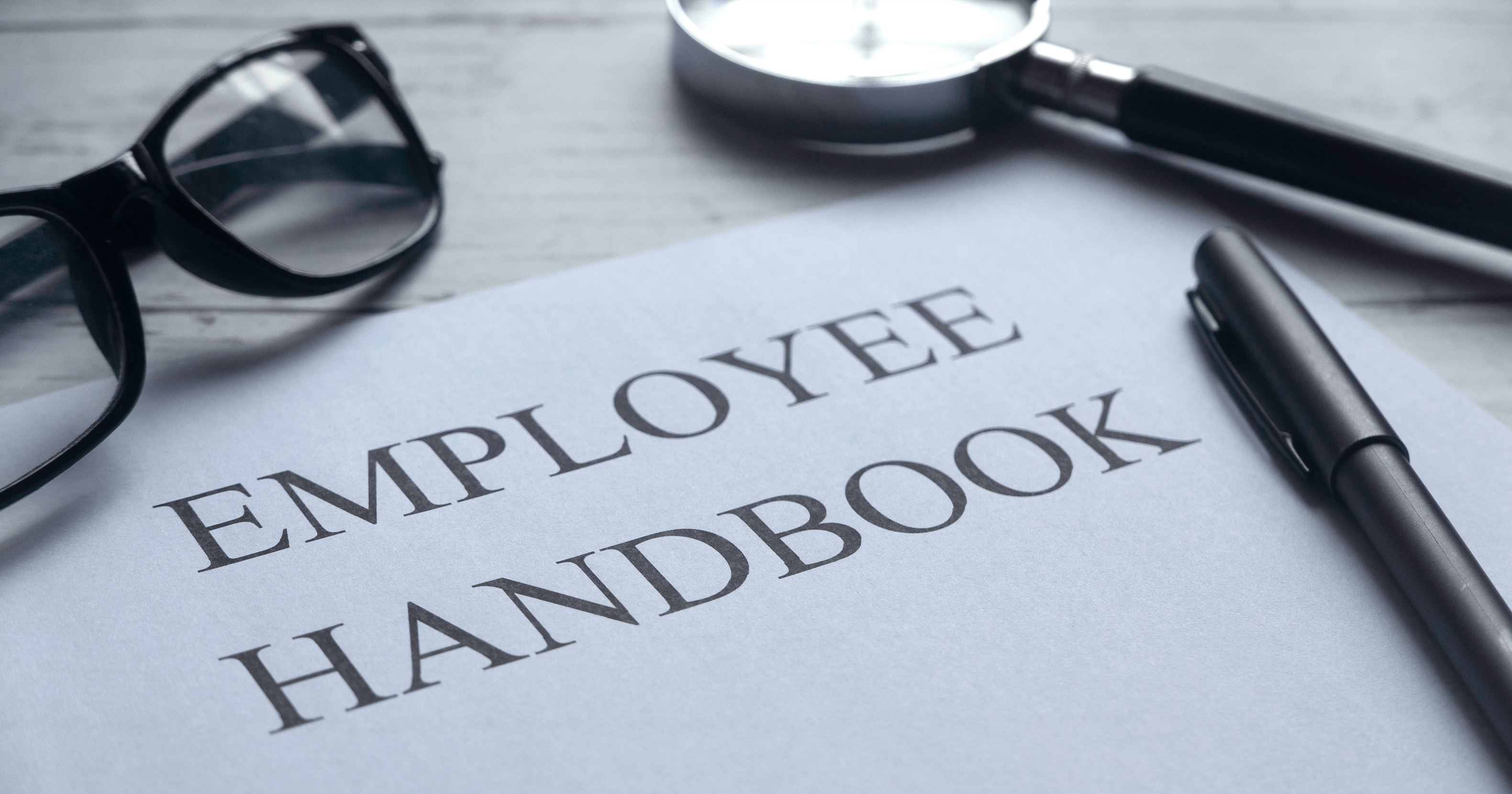Who Really Benefits From An Employee Handbook?

Throughout South Africa, many employers do not realize the importance of an employee handbook within their organisation.
Not only is the purpose of an employee handbook to let employees know what is required from them, but also to assist employers should a dispute arise.
Wentink v Total South Africa (ARB)
It was argued that although the applicant initially denied that he had been issued with a disciplinary code he had subsequently acknowledged that he had used the blue Human Resource manual which contained the disciplinary code under cross-examination. From the above reason stated, it was argued that the applicant was aware that he should not have accepted the gift from IGS without disclosing it.
Are you a Small Business, Company or Large Organization looking for Labour Consulting?
Danshaw can help! Contact us for more information.
Employee handbooks should be viewed as a valuable communication tool because it brings together employment and job-related information that employees need to be aware of.
It provides employees with clear advice, and so it is likely to create a culture where issues are dealt with fairly and consistently.
The employee handbook is extremely beneficial when it is incorporated within the organisation’s orientation program.
In this way, new employees know exactly what is expected of them as well as what the rules and regulations are within the organisation; it also gives them the opportunity to seek answers should they not understand certain workplace policies.
Since the employee handbook is a relevant topic when it comes to the implementation of employment equity within organisations, it was found that the general feedback from employment equity committees was that of support for the employee handbook.
Generally, blue-collar employees do not have sufficient knowledge when it comes to legislation and the understanding of certain policies, and so they view the employee handbook as a tool to eliminate confusion.

On the other side of the spectrum, as seen in the case of Wentink v Total South Africa (ARB), clear work rules can help to support disciplinary action.
With an handbook in place, the aim is to decrease opportunities for misbehaviour in the first place by providing employees with the information needed to avoid situations where employees claim they were unaware of the rule or policy.
In the event of misbehaviour, which turns into disciplinary action, a detailed employee handbook can be the sole reference as it contains all basic conditions of employment rules and regulations as per legislation, as well as all relevant policies and procedures that are set in place within the company.
Implementing an employee handbook will also assist in maintaining consistency among all levels within the organisation.

Information gathered from various organisations reflect that many employers have found that direct communications with employees, by means of written policies, procedures, rules and regulations, can help to reduce the need for employees to seek out union representation in the workplace.
Another major benefit for employers implementing an employee handbook and clear work rules is the fact that they would avoid charges of unlawful discrimination.
All of these reasons may be good grounds for any employer to adopt an employee handbook.
Need Help With A Labour Issue?









